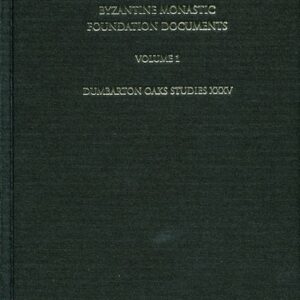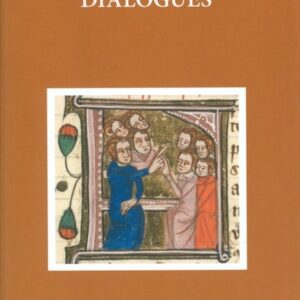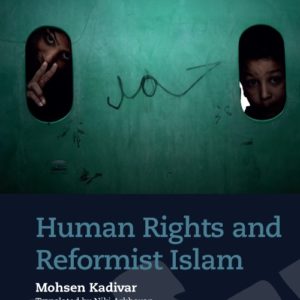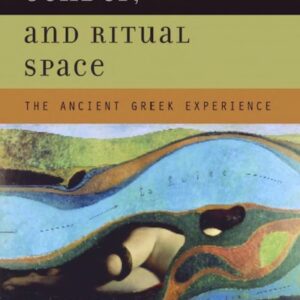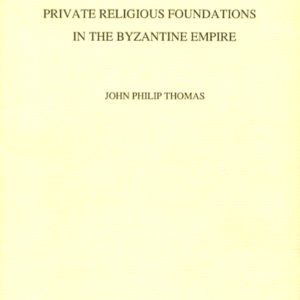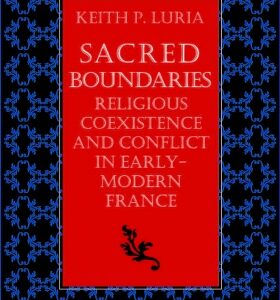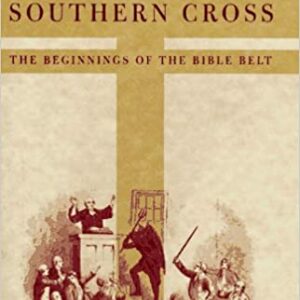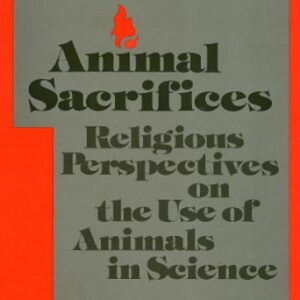
Animal Sacrifices: Religious Perspectives on the Use of Animals in Science
Edited by Tom Regan (NHC Fellow, 1984–85) The issues of animal rights and the use of animals in scientific experimentation are fraught with controversy. In an effort to define the bases of such strong emotional response towards an ethical issue, this book presents the teachings of the major religions of the world concerning animals and, … Continued
